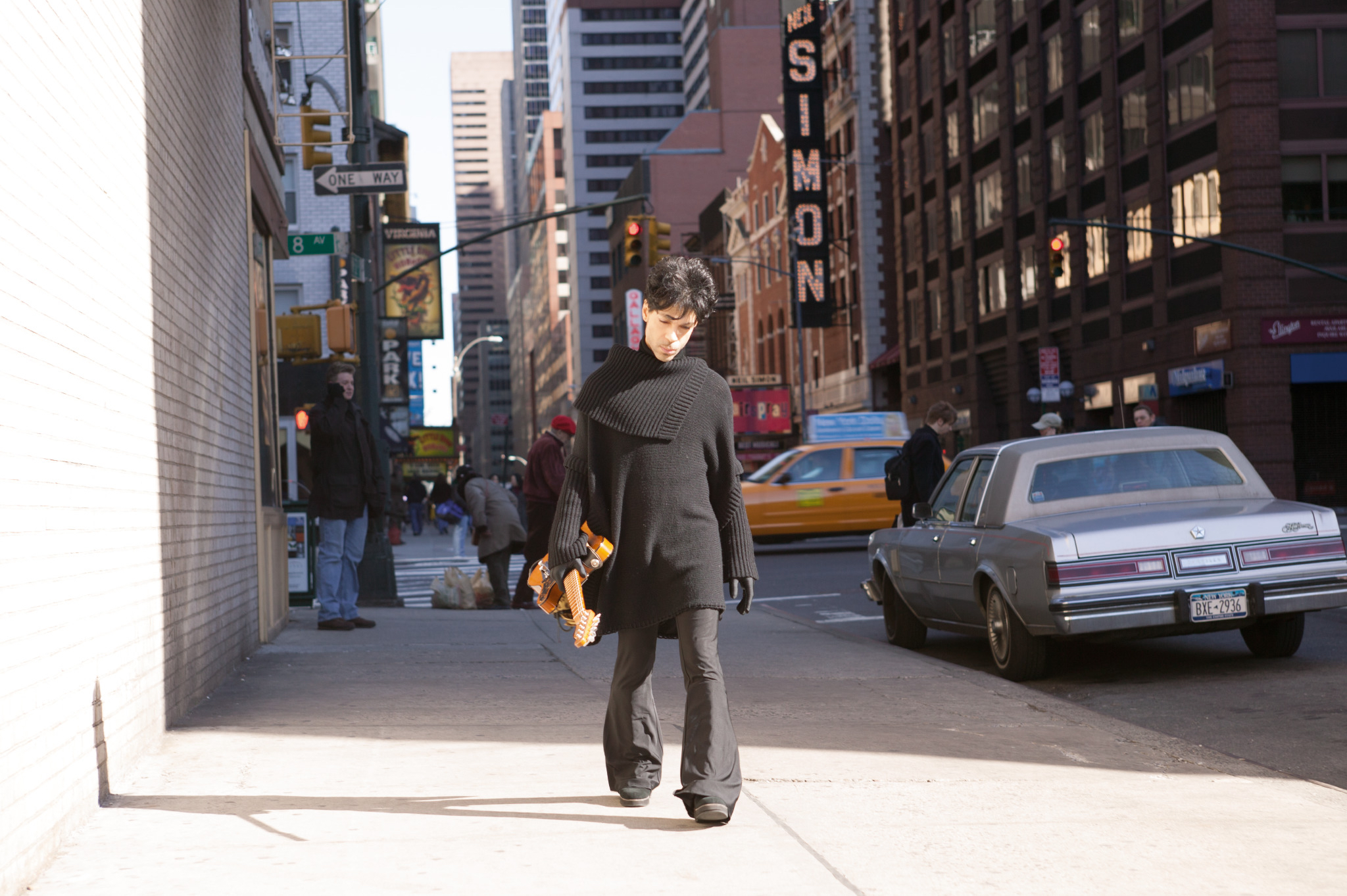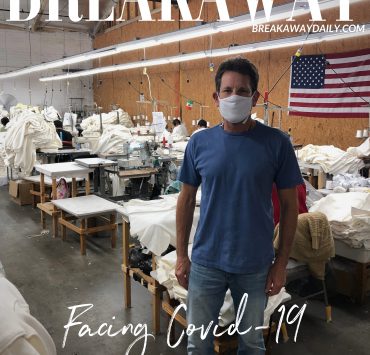Soraya: The Other Princess by Saber Azam is about a woman’s undeniable strength amidst repeated tragedies in Afghanistan
- Geneva, Switzerland

With an enormous career in helping those touched by war and pain, Saber Azam has dedicated his life to making a difference. In his first novel, Soraya: The Other Princess, he pens a compelling story recounting what transpired in Afghanistan over the past seven decades. This historical fiction is inspired by the life of an exceptional woman, Soraya Ludin, who was the only woman of her country to study at and graduate from the University of London in the 1960s. It attempts to portray how women were and are perceived and treated by their still tribal societies. The reader is captured by an evolution that engulfed a peaceful country and its people into repeated tragedies.
Saber strives to describe the unfairness of cultural barriers, the existence of discrimination in Afghanistan, ravages of war that left indelible scars in the hearts and minds of peoples as well as the mischief of “international politics” with uncalculated consequences on the lives of all and future generations. It depicts the joy, disappointment and sorrow of its population as well as the inefficiency and ignorance of the sovereigns and leaders who ruled this rugged land which experts have called “the graveyard of empires”. Soraya: The Other Princess throws light on the misdeeds of invaders whose armies entered the country either for conquest or as feigned allies, promising good governance and democracy as well as on the emergence of modern terrorism, which has afflicted the world. Saber gives a voice to those who have suffered and focuses on the undeniable strength a woman possesses. In writing the book, Saber also calls for world leaders to own moral responsibility by bringing peace and security to the war-ravaged country.
Breakaway Magazine spoke with Saber Azam about his captivating book and the broader issues happening in Afghanistan. Here is what transpired during our discussion.
Tell us about your book Soraya: The Other Princess.
Soraya: The Other Princess is about a person, the country of Afghanistan, and its people. It is a historical fiction inspired by the life of a bright and hard-working woman who witnesses injustice, not only against herself and Afghan women, but also against people of color in the United States when she lived there as a child. Soraya flies high and falls down, but never gives up. She observes the ineptness of the leaders, and the corruption and nepotism that gangrened her country. She realizes the dishonesty of superpowers that intervened in Afghanistan. Soraya is aware that they were engaged in a new “great game” in her country that would slide slowly but surely to an apocalyptic phase of its history and feels helpless. She does not tango with others against the interests of her motherland, something that Afghan rulers have done for centuries. The book is a bank of historical facts, human emotions, courageous appreciation of world affairs, and recognition of voiceless women who are victims of a variety of cultural, economic, and political prejudices. It is also the recognition of an intelligent Afghan woman who, in my opinion, could have played an essential constructive role in the history of her country. But, she was ignored, perhaps intentionally. Finally, it is about all of us in the world because our happiness and sorrow are intertwined.
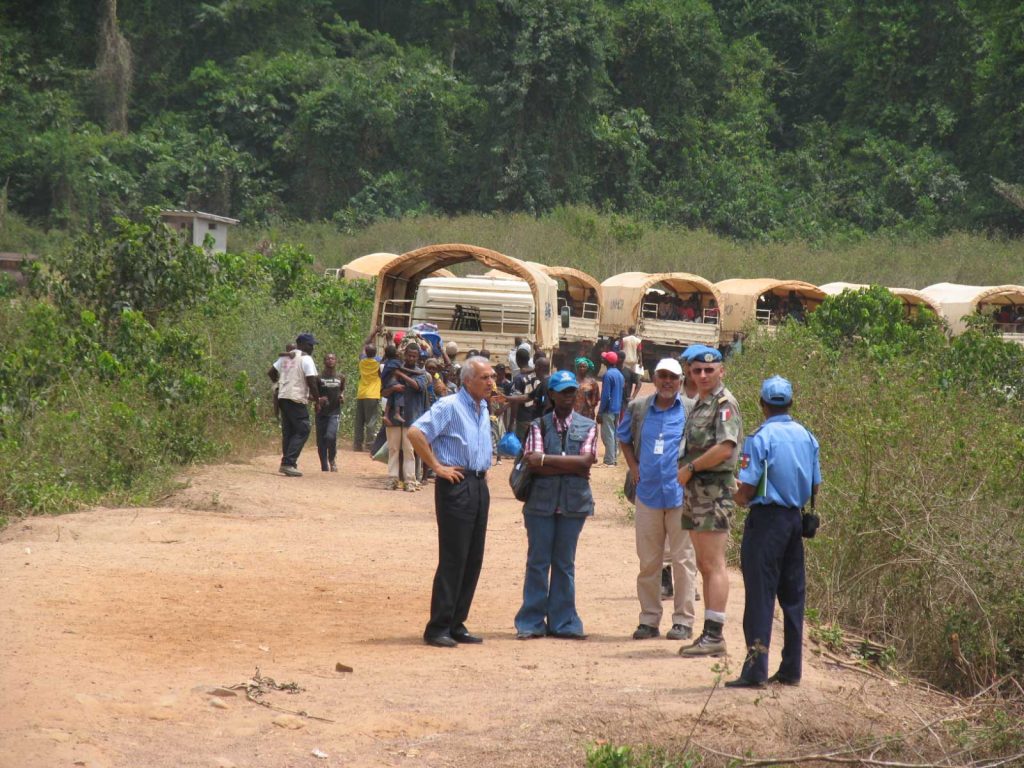
Why was it important to you to write a novel about what has been happening in Afghanistan for the past several decades?
As the country of my origin, I have seen the beauty of Afghanistan’s geography and peoples. It was very painful for me to observe its destruction. Afghanistan was the only declared neutral country in Asia that followed a slow and steady pace to social, economic and political progress. On the international level, the West “abandoned” this country when Pakistan was created in 1947. But, it still struggled to maintain a neutral status in a polarized world. Everything toggled in 1978 when the cousin of the king overthrew him with the help of the Soviet Union to declare the country a republic. The rest is a successive series of tragedies that transformed this gem of Asia into an ash. It was essential to summarize the situation to non-specialist readers who hear about Afghanistan daily in the form of a historical fiction, which is more pleasant than history books.
Tell us about yourself and how did your immense background influence your book?
I was born in Afghanistan. At the age of twenty-two, and just before the invasion of Afghanistan by the Soviet Union, I was awarded a scholarship by the Swiss Federal Government to study engineering at the prestigious École Polytechnique Fédérale de Lausanne. After obtaining my degree in Mechanical Engineering, I worked for a year as a medical engineer before embarking on my graduate studies. I received a Ph.D. in advanced nuclear technology. During my doctorate research, I worked closely with distinguished scientists at the University of California in Los Angeles and Lawrence Livermore National Laboratory in the United States. Then, for nearly three years, I served as an advisor to the President of the Swiss Federal Institutes of Technology, advocating for the involvement of the private sector in the reconstruction of war-torn countries.
The Soviet invasion of Afghanistan was agonizing. Voluntarily and for twelve years, Soraya and I led the Afghan Humanitarian Committee in Geneva. Our objectives were to: denounce war crimes and human rights violation by the Red Army, advocate for unconditional withdrawal of Soviet troops from Afghanistan, mobilize humanitarian support through recognized international organizations for refugees in Pakistan and forcibly displaced within Afghanistan, and promote a political solution that would encompass equality among all components of the Afghan society.
In 1994, I joined the United Nations High Commissioner for Refugees (UNHCR) and served as Head of Operation in Côte d’Ivoire to deal with the consequences of the Liberian First Civil War before moving to Kenya to attend the ramifications of war-affected South Sudan, Somalia, Ethiopia, Uganda and the Democratic Republic of the Congo (DRC). Then I moved to the Balkans as Deputy Special Envoy and dealt with South Serbia and Macedonia situations. At this moment, I joined the United Nations Department of Peace-Keeping Operations (DPKO) and served as Deputy Director in the Office of the Special Representative of the Secretary-General for Kosovo, dealing with communities’ reconciliation.
I soon became Chief of Staff of the United Nations Mission in Kosovo (UNMIK), handling all political and operational sensitive matters. I returned to UNHCR and served as Representative in the divided Côte d’Ivoire, Deputy Director of External Relations, Representative in Bangladesh, Regional Representative and Coordinator for Central Asia and finally Representative for Rwanda.
In this phase of my professional life, I handled issues related to the civil war in Côte d’Ivoire, accountability of international organizations, the Rohingya tragedy, numerous challenges in Central Asia such as the Kyrgyz-Uzbek, the Tajik-Kyrgyz and the Tajik-Uzbek crises as well as addressing statelessness that was a critical legacy of the Soviet Union, and finally the consequences of the crises in the DRC and Burundi. I took my break from the United Nations in July 2017 to pen my recollection of events around the world.
I began with Afghanistan. Soraya tried hard to change the course of Afghan tragedy. I witnessed her tireless endeavors and wanted to acknowledge them through this book.
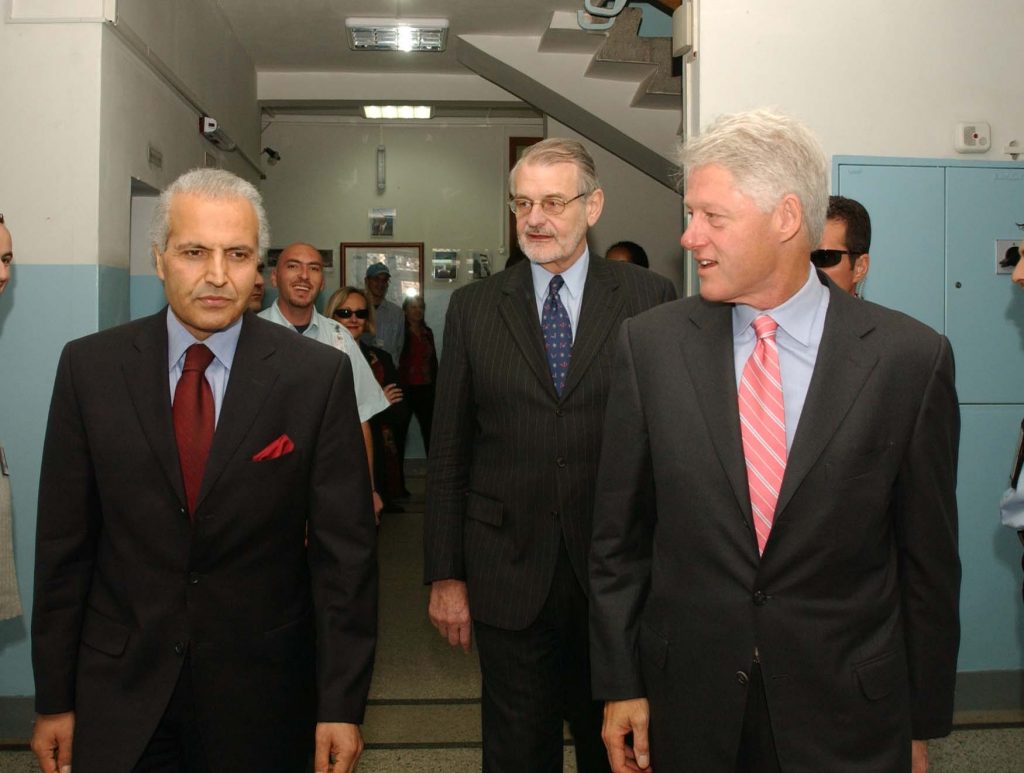
Why did you want to tell the story of the history of Afghanistan in the twentieth century through the eyes of Soraya?
During the last seven decades, Soraya was a keen observer who watched the political, economic, and social evolution in Afghanistan. She was one of the few people who had perfect knowledge of the “two sides of the coin.” She had the patience to study carefully before making an opinion or judgment. For me, Soraya represents the beauty of the country, particularly its women.
Soraya: The Other Princes is about all Afghan women. As stated earlier, it is about a country, a region, and finally, all of us. Human beings hardly acknowledge the misdeeds of their ancestors. Look at the challenges that the US is facing now. It is astonishing that some people still defend confederate, racist and slavery era symbols and slugs.
The Native Americans, the Australian Aborigine, and many other people in Africa, Asia, and South America were practically annihilated by those who had guns and power. We cannot defend such destructive and heinous actions, perpetrators of which should face post-mortem condemnation and victims recognized and compensated.
I alluded earlier. In Washington DC, as a foreigner child in the early 1950s, Soraya realizes segregation and discrimination in the US against people of color. She probes her father and says, “father, why do black Americans have to fight for their rights? … This is not a good place here!” With the brutal killing of George Floyd and many other innocent African-American women, men, and children, we have the impression that nothing has changed in the US.
Let me underline that this book addresses Soviet, British, Pakistani, Saudi, Iranian, and American citizens, in particular, to notice and comprehend how their countries misbehaved in Afghanistan.
Why was it important to you to pay tribute to the Afghan female population for the prejudice they suffer from and their incomparable resilience?
Generally, in all orthodox and conservative societies, women are victims of discrimination. Rural Afghanistan and a good portion of the urban population in the country are incredibly conservative. Honor killing, early and forced marriage, exchange of a girl for the crime of a male member of the family, and similar reprehensible practices are common. Yet, women are the cornerstone of social stability. They hardly complain about their plight.
As I lived in rural and urban areas of Afghanistan, I witnessed the unacceptable prejudice against women and girls and admired their resilience. My book reflects my sincere feelings. Unfortunately, no one believes in the slogans of the Afghan government anymore. I wish Afghanistan had a healthy civil society to defend women and girls. This is not the case. They are left at the mercy of the society and male members of their families. It is so unfair and unjust. The so-called International Community is part of the problem because of their alliance and collusion with the government, warlords and political traders. The Afghan women are left alone, and I wanted to render them homage and pay them respect through Soraya: The Other Princess.
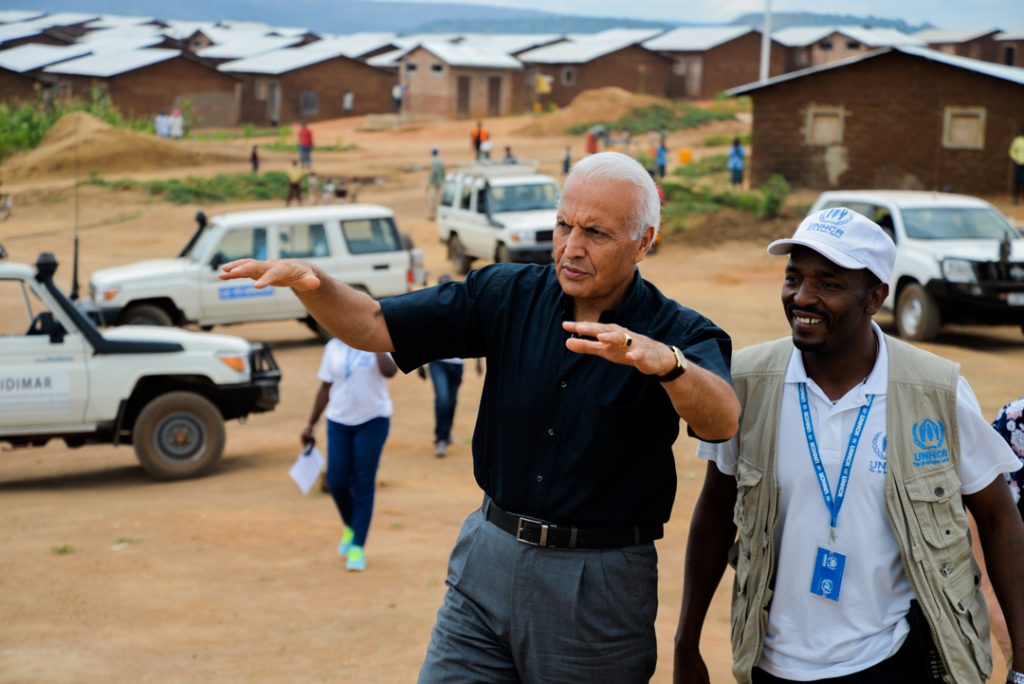
What’s your goal of writing the book?
The world is still vast, although daily it becomes smaller! Rules, perceptions, purpose, quality of life, morals, values, and social relationship are different in every corner of the planet. Understanding each other is the basis of forging a shared future. My aim of writing is to recount what I have observed and witnessed so that those who read my books learn about the places they have not been. Or obtain more information and perhaps a different perspective about what they may already have knowledge about.
There are more talks about bigotry, nationalism, narcissism, and ego-centrism than comprehension, compassion, and respect for others. I believe honesty of thoughts, tongue, and action are rare qualities nowadays, and most leaders are not helpful. This is a significant source of discord and mistrust. In my books, I would like to pinpoint the misdeeds with energy and in a fearless manner.
What do you think is the future of Afghanistan? Can it, and should it, escape the memory of 9-11 and finally move beyond discussions of the war on terror, the Taliban, and a narrative often associated with “the graveyard of empires?”
Your question has several dimensions. I would address it from three angles. Let me begin with 9-11. We cannot and should not escape the memory of this dark day. Terrorist organizations have become more robust, better trained, and equipped with devastating operational capacities. Democracy is the reflection of the people’s will. Therefore, it is essential to remind the people at any given time in history about the misdeeds of evil individuals, organizations, and structures. We cannot “move beyond discussions of the war on terror” without defeating terrorism. Unfortunately, it is not yet the case. They mutate and multiply all over the world! No terrorist network or organization is trustworthy, and the US making a “peace deal” with the Taliban is equivalent to folly.
As to Afghanistan, being “the graveyard of empires,” history has proven it so far. Alexander the Great, Genghis Khan, the British Empire, and the Soviet Union, just to name a few, had all their final defeat in this country before disappearing. This land seems to be a bee’s nest for superpower invaders.
Finally, I do not see a clear and bright future for Afghanistan, at least in the near-term. The problem is its geostrategic position that superpowers exploit as well as the corrupt, self-centered, and inefficient leaders who rule the country. Most often, Afghan rulers served the interest of superpowers, the British, the Soviets, and the Americans in particular.
Since 2001 when American and allied troops took control of Afghanistan in hand, some three thousand billion US dollars seem to have been spent, the most significant portion of which has been dwindled in private accounts outside Afghanistan. The first private bank of the country was robbed of nearly 900 million US dollars. The brother of the President and the brother of his First Deputy shared the booty. No action has been taken against them at all, and the entire country is marred with corruption, nepotism, carelessness, and self-enrichment endeavors.
Women are particularly vulnerable. Young widowers of slain soldiers do not go to claim their miserable pension as most often, the relevant authorities expect sexual favor to sign up their paper. The Taliban and their associates, such as Al-Qaeda and the Islamic State, can hit everywhere by bribing those in charge. Therefore, the tragedy of Afghan people will be recounted by storytellers for decades to come. I personally will write more books about it.
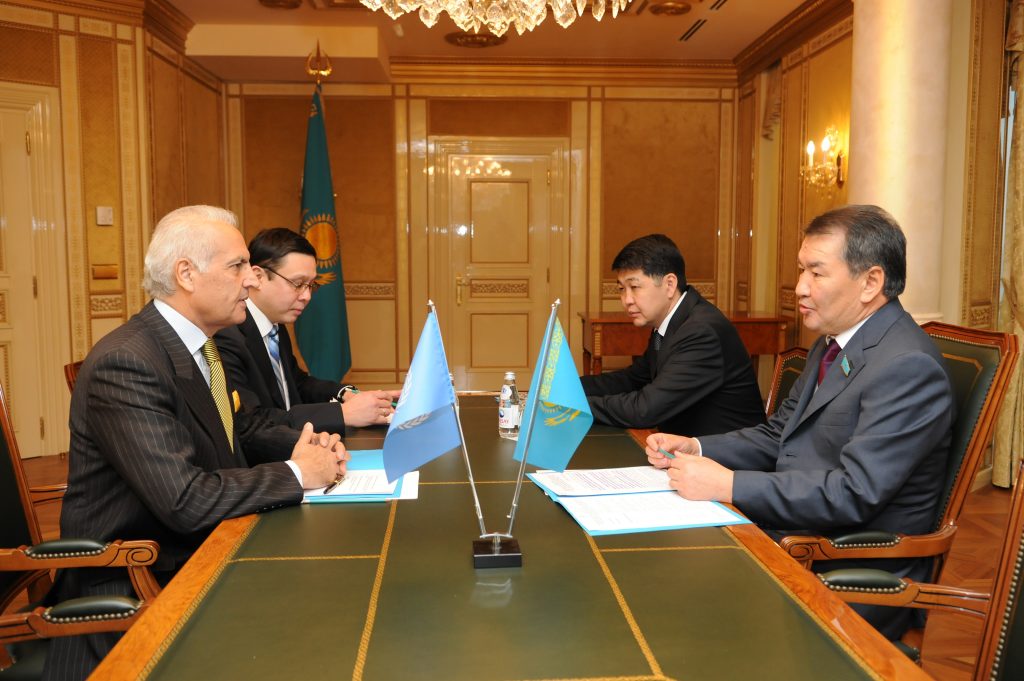
What did you want to do or say with your storytelling?
I want to tell the truth as it happened, away from political, financial, social, or other considerations. I would like to defend human rights and dignity for all races, genders, and social groups through my writings and denounce bigotry, misdeeds, and exploitation. Of course, truth may be considered subjective. But, I spend precious time to search and document about what I write or say. As I underlined earlier, someone’s mind, words, and deeds must be in symbiosis. Cheating and undermining the intelligence of others will have devastating consequences on the well-being of humanity.
What are your future projects?
Most of my efforts in the future will be devoted to denounce the brutalities and highlight the consequences of slavery, colonialism, neo-colonialism, and offense to our environment. I have been a witness and will do as much as possible to portray them in the form of historical fiction. I just submitted the manuscript of my second book to the publisher. It deals with the First Civil War in Liberia and its devastating consequences. It will hopefully be available later this year. My third book will be devoted to South Sudan and a few other countries in East Africa. Then I will focus on the conflicts in the Balkans, Côte d’Ivoire, the Rohingya tragedy, Central Asia and Rwanda. I hope to be a voice for deprived and ignored people on earth.
What do you think has to be done to move the world towards peace?
I believe we live in a defining moment in our history. Our Western model of civilization did not respond to the expectation from a human dignity perspective. Economically, the West became a giant, but continued to violate sacred principles of respect for humanity in Africa, Asia, South America, and even Europe. Brutal generals were put in place in most Latin American, African, and Asian countries to crash their people and exploit their resources for the benefit of mightiest.
The intervention in Iraq was based on a horrendous false claim that Saddam Hussein disposed of weapons of mass destruction. The “efforts” of the West to “impose democracy and a regime of their choice” in Libya, Syria, Yemen, Afghanistan, and elsewhere resulted in massive destruction and loss of lives. In some parts of the world such as Bosnia Herzegovina and Côte d’Ivoire, international peacekeepers are accused of serious wrongdoings. So far, there is no accountability. It is laudable to bring Milosevic, Charles Taylor, Mladic and similar criminals to justice, but what about western leaders who inflicted horrible sufferings to people with full knowledge that their acts were wrong.
We need to have the courage to denounce past and current wrongdoings and distance ourselves with perpetrators of misdeeds, particularly when and if they are among us. We have to be compassionate about the needy elsewhere and let them exploit their resources; they should be able to elect their leaders without interference of mighty countries. Very serious and robust measures must be taken immediately to address climate change and environmental degradation. This is only when we can hope to forge a mutually respectful relationship with people who were brutalized or undermined and save our planet from a clash that would probably mean the end of life on earth!
For more information on Saber Azam visit his official website. Soraya: The Other Princess is available from Amazon.
What People Are Saying About Soraya: The Other Princess
Breakaway Magazine writes thought-provoking stories that transcend boundaries, providing transformative viewpoints on breaking barriers. Through an international readership of millions, every story empowers readers interested in gaining a wider outlook on life through diverse voices. "The magazine reaches millions, connecting with an audience interested in more than just the trend, but the deeper meaning." - Jamee Livingston, Founder/Editor-In-Chief. Read more on our about page.





